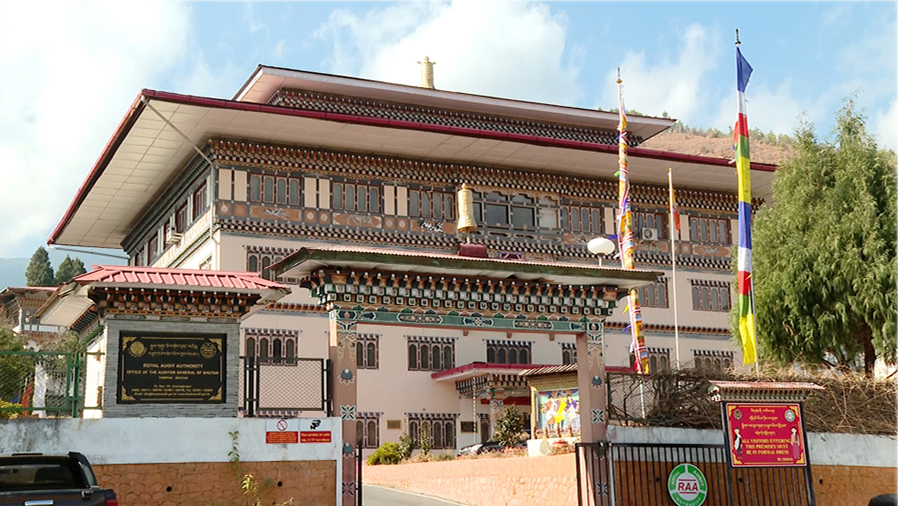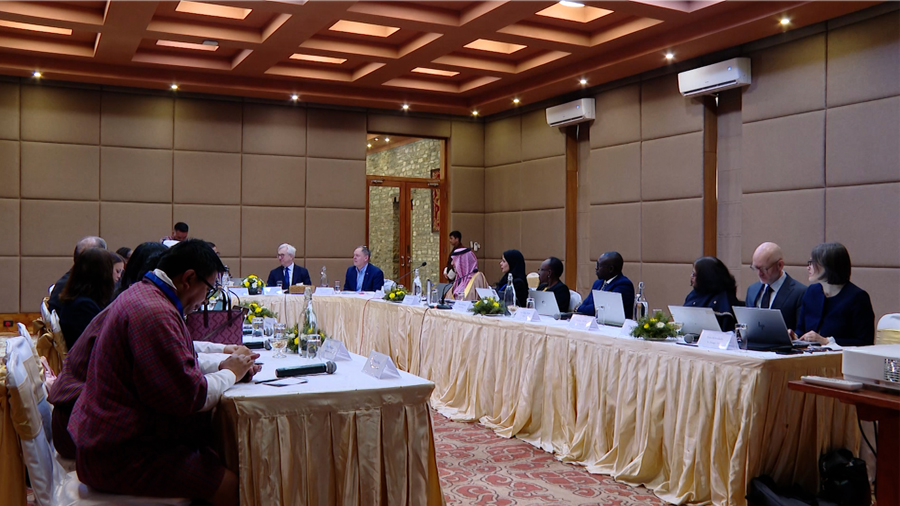 In two years, the country will have a pool of experts specialised in enhancing audits. Auditors with the Royal Audit Authority are currently being trained through the Intosai Development Initiative (IDI). IDI has benefited more than 50 per cent of the country’s audits so far. IDI, a body under the International Organization of Supreme Audit Institutions (INTOSAI), supports the capacity development of Supreme Audit Institutions (SAIs) in developing nations.
In two years, the country will have a pool of experts specialised in enhancing audits. Auditors with the Royal Audit Authority are currently being trained through the Intosai Development Initiative (IDI). IDI has benefited more than 50 per cent of the country’s audits so far. IDI, a body under the International Organization of Supreme Audit Institutions (INTOSAI), supports the capacity development of Supreme Audit Institutions (SAIs) in developing nations.
 Currently, all the performance auditors are being trained under the IDI’s project called Sustainable Performance Audited Practices in South Asia. According to the Auditor General of the Royal Audit Authority, the initiative is helping develop guidelines and training materials and build the capacity of resource personnel, ensuring Bhutan has in-house audit experts within the Royal Audit Authority.
Currently, all the performance auditors are being trained under the IDI’s project called Sustainable Performance Audited Practices in South Asia. According to the Auditor General of the Royal Audit Authority, the initiative is helping develop guidelines and training materials and build the capacity of resource personnel, ensuring Bhutan has in-house audit experts within the Royal Audit Authority.
The director-general of the Intosai Development Initiative said that maintaining audit independence remains a significant global challenge.
Through this initiative, IDI works to uphold auditors’ independence and ensure accountability, giving citizens confidence that public funds are used as intended by their elected representatives.
‘Well, Supreme Audit Institutions are crucial for better societies and better lives. They face multiple challenges. One is independence. One is to make sure that they do the relevant things that benefit the citizens. And the third is that the work transcends into impact at the country level. We have been fortunate enough to work very closely with Bhutan. We have been supporting SAIs inside Bhutan in several initiatives over the years. We see that transcending into actions also at the SAI level,” said Einar Gorrissen, the director general of the Intosai Development Initiative.
Auditor General Tashi said, “In many countries, SAIs continue to struggle with independence. While some may have full independence on paper, in practice, they lack true autonomy due to government interference and financial constraints. SAIs face significant challenges, including direct government interference, removal of Auditor Generals, and audit reports being manipulated to favour the government. Another critical issue is funding. We all know the current funding challenges, especially with USAID withdrawing support. Today, we are discussing ways to secure sustainable funding for IDI and ensure its continued effectiveness.”
Over the years, the Royal Audit Authority has been one of the main beneficiaries of the IDI initiative.
The auditor general said, “The Royal Audit Authority has significantly benefited from IDI. We are developing expertise in performance audits, starting from the basics and progressing towards building in-house specialists. By the end of this training, we will not only have all the necessary materials but also a pool of experts within the Supreme Audit Institution. Personally, I have attended two invaluable leadership masterclasses.”
The two-day IDI board meeting, being held in the country for the first time, has brought together delegates and auditor generals from countries including Norway, Saudi Arabia, the United Kingdom, and South Africa, among others.
The meeting is expected to strengthen the Royal Audit Authority’s independence and explore solutions to funding challenges, which require a collective approach.
Sonam Yuden
Edited by Phub Gyem








